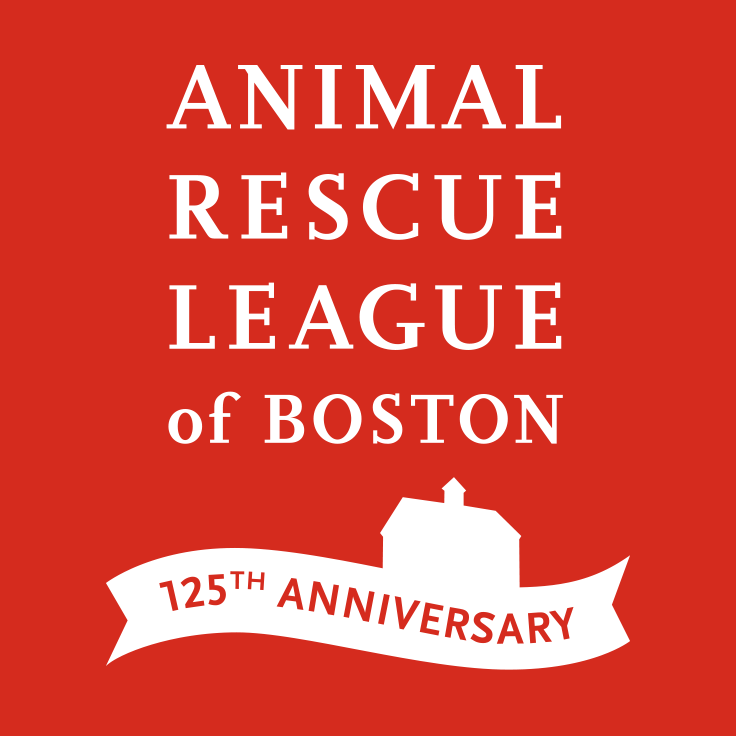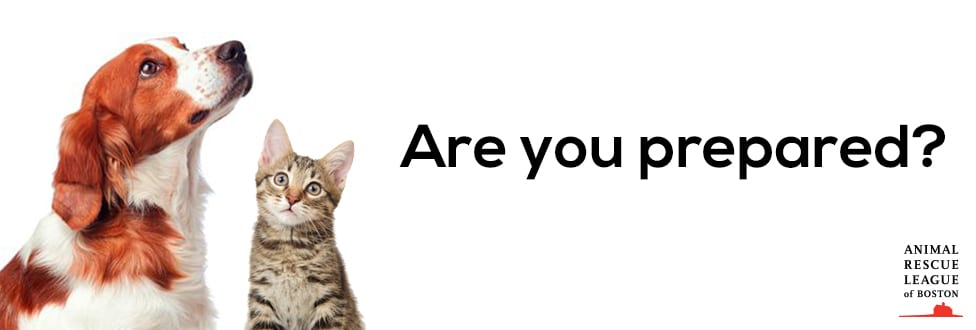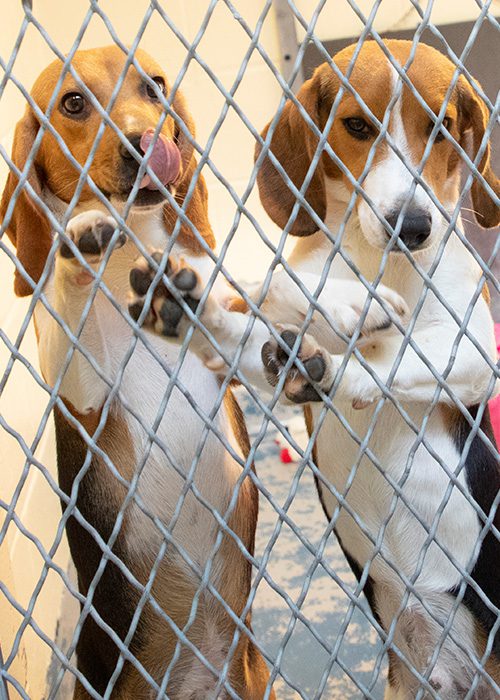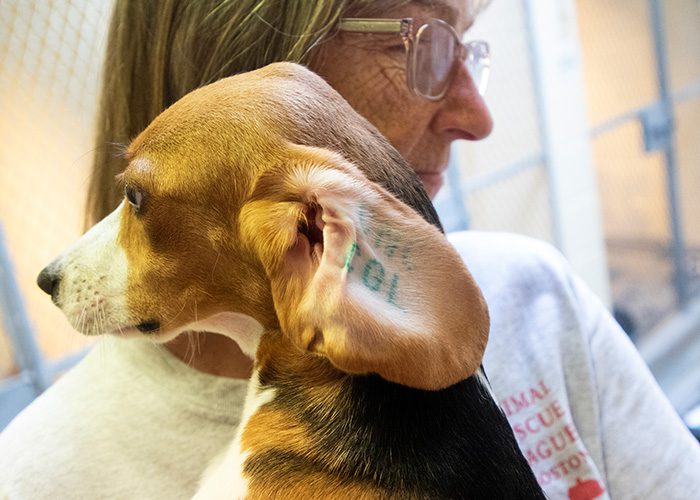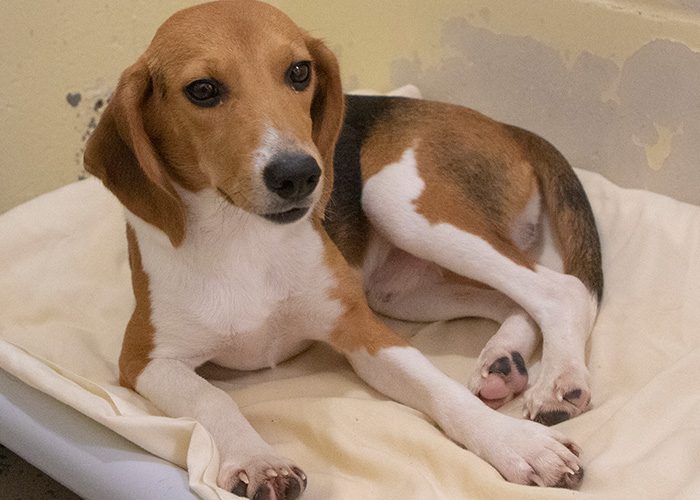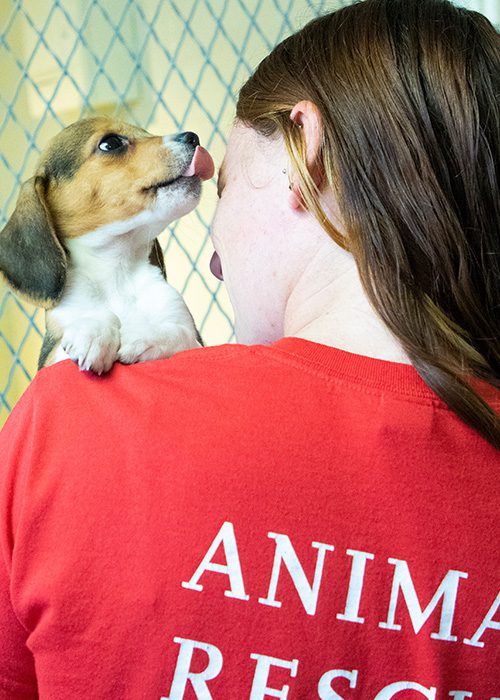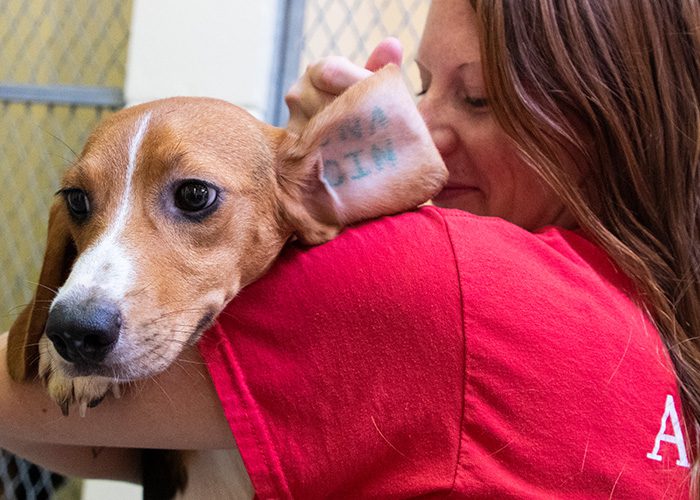Hurricane Season: Are You and Your Pets Prepared?
ARL Reminds Pet Owners to Include Pets in Hurricane Emergency Plans
We are at the height of hurricane season, and the tropics as of late have been very active. While Massachusetts did not feel any drastic impacts of Hurricane Fiona, the threat of hurricanes or tropical storms remains real, and the Animal Rescue League of Boston (ARL) encourages residents to have an emergency plan in place should a tropical storm or hurricane impact the region; and to include pets in the planning process.
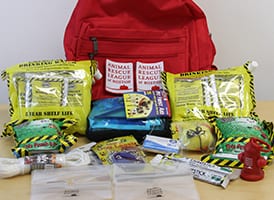
Pet emergency kit.
ARL recommends pet owners keep the following tips in mind for pets:
- Assemble an Emergency Supply Kit. Each animal in your household needs their own kit and should include at least a one-week supply of food and water, along with collapsible dishes; a week supply of medication; photographs, tags, and other identification; leash, harness, crate/carrier; toys, blankets and treats; waste bags, litter and litter tray
- Locate Pet-Friendly Evacuation Centers. Many, but not all, evacuation centers do allow pets. Check your area for not only evacuation centers, but pet-friendly hotels, boarding facilities, and even friends or relatives that would allow you, your family, and your pets to stay.
- Make Sure Your Pet is Microchipped. It’s the simplest way to be reunited with your pet should you become separated. If your pet is already microchipped, make sure all contact information is correct and up to date.
- Develop a Buddy System. Connect with friends and neighbors to ensure that someone is willing to evacuate your pets if you are unable to.
Download ARL’s pet preparedness emergency kit.
Additionally, storm conditions including howling winds, driving rain, thunder, and lightning, among others, can drastically increase anxiety for your pet.
During a storm make sure to keep an extra sharp eye on your pet, keep them as comfortable as possible, and reward calm behavior.
